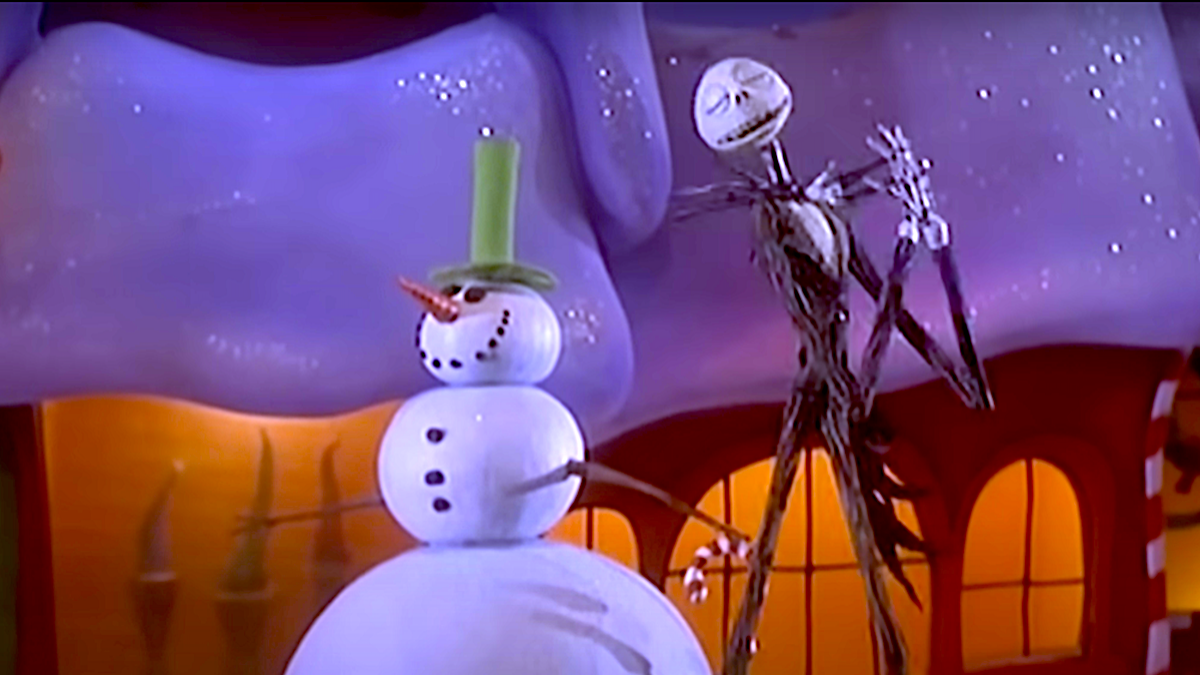
Every few months, I meet up with some friends at a central Texas location for a BBQ lunch. The conversation usually revolves around politics, history, economics, and the like. Last time, one of them quipped, “I learned my history from Iron Maiden.” That’s not the first time I’ve heard that, whether tongue-in-cheek or not.
Seeing this summer how much fun another metal band, Obituary, seems to have when they perform live brought to mind some other lessons: Do what you’re good at and love, and accept the life it affords you. That made me think of the classes I teach and, of course, my daughters.
Their mother and I have encouraged them with various hobbies, gadgets, and extracurricular activities to see what might snag their interest. Now, with two in high school, we’re starting to discuss possible career paths, letting them know they have alternatives to heading straight to a university.
Work Hard, and Live Within Your Means
They’ve talked about joining the military, and they know they could support themselves, even if temporarily, with something less than a bachelor’s degree. One key to making that work is living within their means, a trait that can’t be lost on a metal musician.
“I worked for almost my entire career, and it wasn’t until recently that the band has been so busy that this is all I do,” Obituary vocalist John Tardy told me via email.
He’s not the only one who does this to make ends meet. Cannibal Corpse vocalist George “Corpsegrinder” Fisher once offered a guided tour of how he bargain-shops at Target. When his lead guitarist Patrick O’Brien’s house burned last year, news coverage showed he lives in a middle-class neighborhood similar to the one in which my sister and I were raised.
Unless your band name includes “Sabbath” or “Metallica,” playing metal is not a path to great wealth. Tardy is aware of this reality. Although he, his brother and drummer John, and rhythm guitarist Trevor Peres “are the owners” of the band, they understand incentives. “We all [including lead guitarist Kenny Andrews and bassist Terry Butler] come home from tour with the same amount of money,” Tardy said.
Create a Fallback or a Side-Gig
Some ragers keep busy between recording and touring with their respective “mother ships.” Testament lead guitarist Alex Skolnick is one. After leaving the band in the early-1990s, he played with various other acts before diving full-time into jazz.
He returned to the band, along with bassist Greg Christian, in the mid-2000s. Whereas Christian departed again, raising a stink about how he felt he was treated, Skolnick still shreds with Testament while playing jazz on the side. Skolnick has also hooked up with founding Megadeth bassist David Ellefson, from whom Christian could probably learn something.
When Ellefson returned to Megadeth eight years after a fallout with frontman Dave Mustaine, he did so as an employee, just like Christian did with Testament. One of the most grounded players in the business, Ellefson recently said the key to his longevity in the business is “know(ing) my place.”
He said one benefit is the freedom to do “music with … other people.” In addition to his Altitudes + Attitude project with Anthrax bassist Frank Bello, Ellefson plays in Metal Allegiance with bassist Mark Menghi, former Dream Theater drummer Mike Portnoy, and the aforementioned Skolnick.
Some branch out beyond music. For instance, Hatebreed frontman Jamey Jasta hosts a podcast, Testament vocalist Chuck Billy has a management company, and Anthrax drummer Charlie Benante launched a line of coffee.
I’ve heard interviewers wonder aloud to musicians, however, about whether the presence of such fallback plans might distract from the primary gig. Does it inhibit artists from producing the best possible product? Tardy disabuses that notion. “I would tell anyone that wanted to play in a band, or create any art for that matter, to have a backup plan. It’s an unpredictable business.”
Another key is saving, such as by eating in, performing one’s own household and auto maintenance, regularly socking away a chunk of income, etc. In this case, it also means setting up and tuning one’s own gear before a show, which I watched Obituary do in September.
Choose a Career You’re Good At
One of the first things we talk about in my economics classes is specialization — focusing on what you’re good at doing. You develop a comparative advantage where few people can match what you do, and the value of your skills necessarily rises.
Extending this lesson to my daughters, sometimes there is overlap between that and doing what you enjoy. If there isn’t, capitalizing on your edge and good habits in the meantime can free you up to make a switch later if the opportunity presents itself. This becomes more difficult the more debt you incur chasing short-term satisfaction.
Too often we hear about bad morale at work. Politicians like to scapegoat “the Man,” rather than prescribing the correct medicine: looking in the mirror. Where we are in life is largely a function of choices we’ve made.
When I asked Tardy if he has any regrets, he replied, “I’m glad I stuck with what we did. We have been really, really fortunate and have gotten to see so much of the world [and] made so many friends.”
I told my oldest girls recently that once children come along (Tardy, Peres, and Butler are fathers), priorities necessarily change, and they should avoid handicapping themselves before that. They and their sisters will probably roll their eyes when (or if) they read this, since they hear me preach it all the time. My parents, who gave me somewhat terrified looks when they heard this music coming from my room, will be harder to convince that metal is an example of good, happy living.









